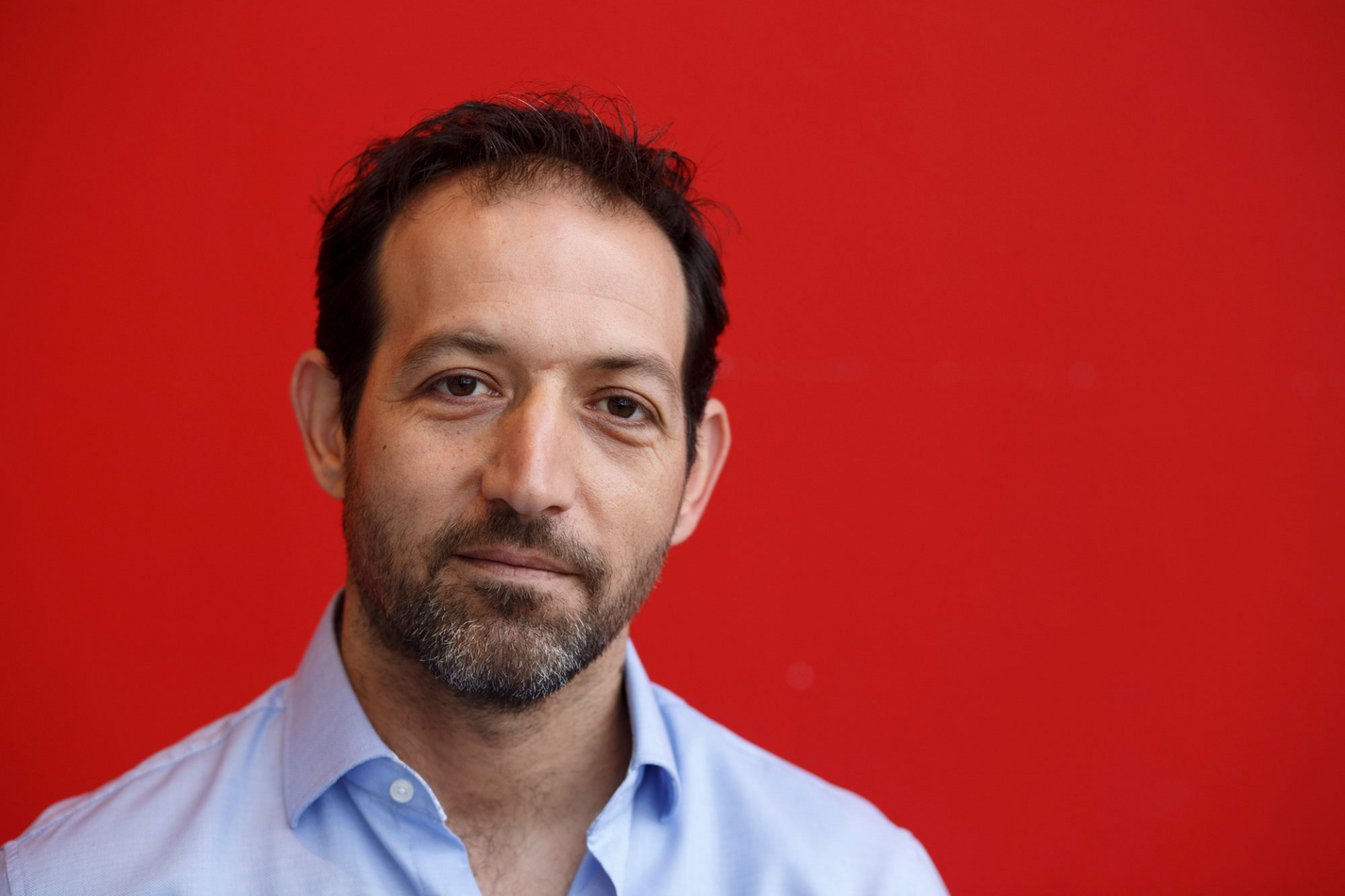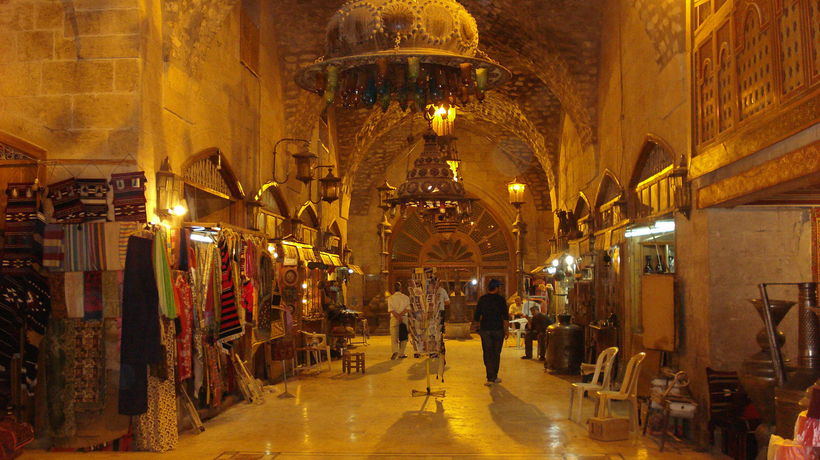The Soul of the City
Bengin Dawod Abdullah (Master in Urbanism): 'After years of crisis and demolition in my homeland Syria, I am in Amsterdam and feel a tremendous responsibility to do something for my country in the future. Everything I have learned in the Master of Urbanism, is for the hope that one day I can go back and use it to help rebuild my country.
Knowing that the destruction of cities as a result of war is often determined by its spatial transformation, physical loss and the number of people lost their lives. After war ends, rebuilding is characterized by its fast developing process with usually a political, economical character, often with the involvement of ‘outsiders’ including international power such as Non-Governmental Organizations (NGOs) and the UN. Due to the assumption of the need for speed and the large financial investment, often the act of rebuilding has in first instance primarily a physical intention, ignoring more the invisible layers of the city, and the future challenges.
The aim of this project is to develop new urban systems through design. The project had to optimize the involvement of all players, add synergy on all levels for a better future for the post-war cities, enables the people to rebuild their livelihood in neighborhoods, and setup development strategies for the future city. In my graduation project I developed a master plan as a flexible implementation strategy for the reconstruction of Aleppo. Not only as a strategy for repairing the city and fast production of a lot of housing. But above all an effective approach for the recovery of the specific urban culture and the social physical patterns. Climatological resilience is also increased on all scales. The added value of the plan is that it can also be seen as a prototype for the reconstruction of other destroyed cities.
I developed many principles which show what urbanism can do in the context of rebuilding and urbanism means for resilience and sustainable post-war recovery for a city, which can capture and embrace the Soul of the City.'
Recommendations
From the jury report of the Graduation Prize: 'In The Soul of the City, Bengin Dawod Abdullah asks himself an important question, namely what responsibility can and should he assume to rebuild his homeland Syria? He thus broaches an extremely topical and relevant subject for current and former war zones in an unsentimental way. The fact that he bases this on the strength of the people who have to live there and incorporates all levels of the city – in this case Aleppo – in his design, makes this project ambitious and simultaneously realistic and convincing. A project which you hope becomes a reality.'
Chris Keulemans, writer, journalist and chairman of Foundation In den Vreemde: 'The Soul of the City is the impressive result of his tireless research into the best way of reconstructing the legendary city of Aleppo after the war. (...) He has organised, applied and visualised all that knowledge in his final project in an exemplary way; not only as an example of his own capabilities, but as an invitation to the returning residents, the local authorities and the international stakeholders to collaborate in a coherent and humane way. (...) He came here with a mission, and sooner or later he will return with a mission: Aleppo and the other devastated cities in Syria can rise again with the help of the advanced knowledge, the desire for collaboration and the belief in the resilience of cities that he displays in this project.’
Hans van der Made, senior urban planner at Municipality of Amsterdam: 'In countries where reconstruction is necessary, this is generally driven by the pursuit of profit for the participating (international) parties. Bengin proves that this could and should be tackled differently. The added value of the plan is that it can also be seen as a prototype for reconstruction of other destroyed cities. (...) His result is a master plan that serves as a flexible implementation strategy for the reconstruction of Aleppo. It is not only a strategy for rapid production of lots of housing, but above all an effective approach to the restoration of the social and physical patterns that previously existed in the urban fabric of buildings and collective spaces. (...) The project is very comprehensive. It goes from a thorough study of reconstruction, of the morphological structure of the city of Aleppo, to designs on all scales. The reconstruction of war-damaged areas also provides opportunities for improvements that Bengin identifies and utilises. The climate resilience, for example, is increased on all scales. Bengin provides realistic methods and mechanisms for the implementation. Tailored to the local customs and possibilities. (...) The result of this project deserves widespread attention.'
A project of:

Bengin Dawod Abdullah





